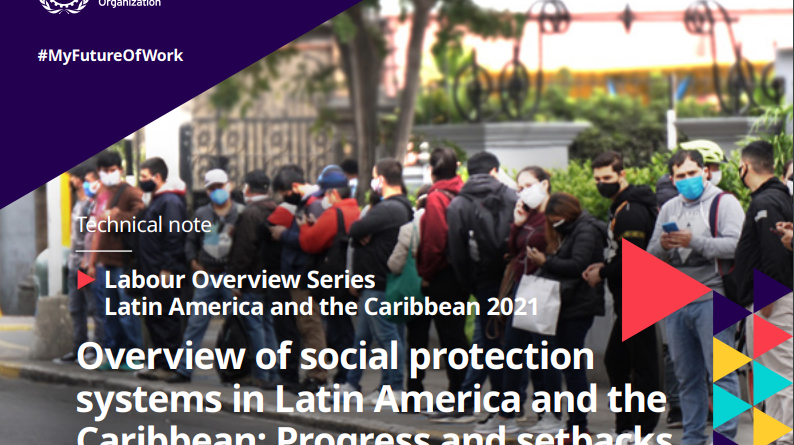Overview of social protection systems in Latin America and the Caribbean: Progress and setbacks in the face of the pandemic
By International Labour Organization
The crisis triggered by the COVID-19 outbreak has exposed the gap that persists in the region to achieve
comprehensive protection systems, based on a social protection floor which guarantees for universal
access to health and economic security over the life cycle. Social protection coverage in Latin America
evolved positively in the decade before the pandemic. Contributing members to the system increased by
14 per cent over the 2012-2019 period and the ratio of contributing workers to the employed population
was 46.9 per cent for 2019. However, COVID-19 has had a harsh impact on coverage levels, with a 7.3 per
cent drop in contributing members. In this scenario, non-contributory benefits, especially in the context
of the pandemic, played a key role in reducing or avoiding the increase in poverty and extreme poverty.
Funds allocated to mitigate COVID-19 have helped to contain, to some extent, the increase in poverty.
As of June 2021, 273 non-contributory measures had been implemented, of which 64 per cent were new
programmes and the rest adaptations of existing programmes.
Get the report “here“











